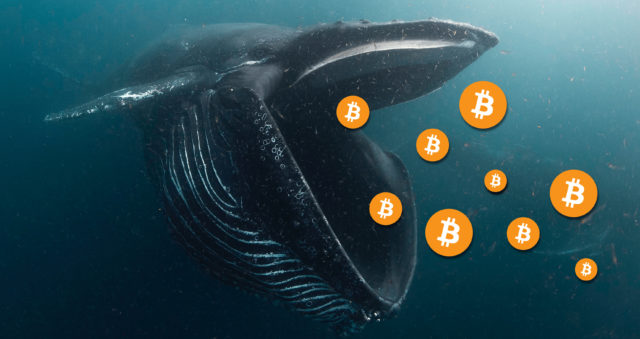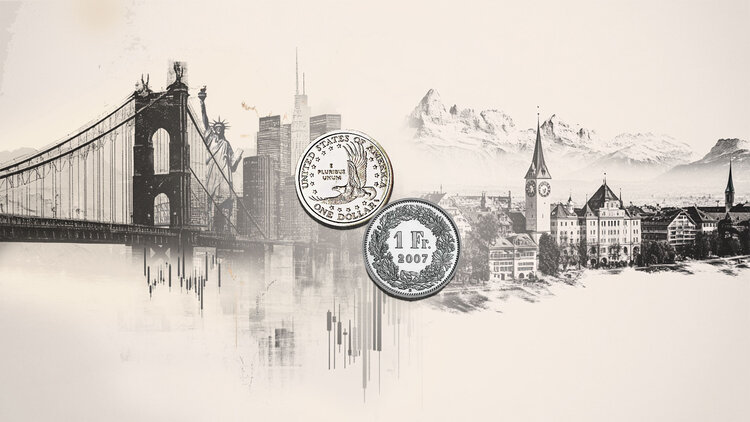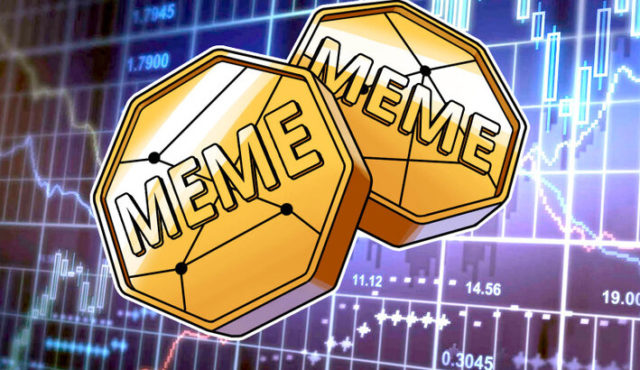The start of the G7 Summit could not have gone better for Olaf Solz (SPD). Contrary to what the meteorological service announced a few days ago, the sky was clear over Schloss Elmau, a luxury hotel in the Bavarian Alps, Handelsblatt reports.
The Chancellor had the opportunity to receive the Heads of State and Government from the United States, France, Great Britain, Italy, Canada and Japan in the magnificent mountain scenery of the Wetterstein Mountains and to walk with them to the venue of the conference. .
The G7 summit started at exactly 12 noon today. However, what was then discussed in the meeting room with the large floor-to-ceiling windows did not correspond at all to the good weather outside, but rather to the strong thunderstorms forecast for the following days.
Never before has a G7 summit been held under such adverse conditions. “All G7 countries are concerned about the current crises: declining growth, rising inflation, raw material shortages and faltering supply chains,” German Chancellor Olaf Solz (SPD) said shortly after the summit.
These are the seven biggest problems facing the G7:
1. War in Ukraine
Russia’s attack on Ukraine is a key issue at the summit. On the one hand, these are further sanctions. According to US President Joe Biden, the G7 countries want to announce a ban on the import of Russian gold. According to Biden, this would deprive Russia of tens of billions of dollars in revenue from this important export commodity.
In addition, the G7 summit will discuss the US government’s proposal to set a price ceiling for Russian oil. The background is that Russia currently earns more from oil exports due to higher prices, although Western countries are reducing their markets. This must be prevented by imposing a price cap.
“We are still discussing intensively how exactly this can work and how it all fits into the US, British, European and Japanese sanctions regimes.” said German government sources. The issue is not trivial. “But we are well on our way to reaching an agreement.”
In addition to sanctions against Russia, the G7 summit also addresses further support for Ukraine. On Monday, Ukrainian President Volodymyr Selenskyj will attend the G7 summit via video.
The G7 countries plan to issue a statement on Ukraine. This is likely to include further financial commitments to rebuild the country and possibly military support.
2. Power supply
Closely related to sanctions against Russia is the issue of energy supply. Europe, in particular, is heavily dependent on Russian energy supplies.
Therefore, the G7 will discuss To what extent can the US or Canada, for example, help Europe in the event of energy supply disruptions?for example because Kremlin leader Putin continues to cut or cut off gas supplies altogether.
In addition, the G7 wants to discuss how they can permanently replace Russian gas. In particular, developing and emerging countries must be included in the program. “These are all extremely complex issues, which of course need to be aligned with Paris’ climate targets,” said a German government spokesman.
3. Global hunger crisis
Closely linked to Russia’s war against Ukraine is another G7 issue: the seven heads of state want to discuss how to prevent a global hunger crisis. Ukraine is one of the largest exporters of grain in the world, but today it is hardly able to deliver anything due to the Russian blockade of its seaports.
“This is a crisis of hunger that is emerging before us like a life-threatening wave.” said Foreign Minister Annalena Baerbock (Greens) ahead of the G7 summit.
Some 345 million people are already at risk of food shortages due to drought and crop failures caused by climate change and as a result of the Corona pandemic. “But it was Russia’s aggressive war against Ukraine that turned a tsunami into a wave,” Baerbock said.
Americans and Europeans are looking for other ways for Ukraine to export its grain. At the same time, industrialized countries want to be particularly supportive of developing countries. The G7 summit will discuss the amount already promised and the amount of aid needed.
4. Stagnant inflation
Another consequence of the war in Ukraine is the fragile state of the world economy. Since last year’s summit, inflation in the G7 countries has exploded and growth has collapsed.
The chief economist of the Bank for International Settlements (BIS), Claudio Borio, told Handelsblatt: “We are dealing with a situation unprecedented since World War II.” The fact that inflation rates are so high and at the same time the vulnerability of the financial system is so great has never happened before, he said.
There is great concern that the world economy will once again be left with sluggish growth at the end of the year. Even before the summit, circles in the German government said that the austerity policy was not appropriate due to the fragile situation.
While agreement is likely on this point, the question is how the G7 countries should react to the different monetary policies of the US and Europe. The fact that the US Federal Reserve is raising interest rates much faster than the European Central Bank (ECB) is creating additional inflationary pressures in Europe. One of the goals of the G7 is therefore to strengthen the development forces in its countries through targeted investments.
5. Climate
On climate policy, Chancellor Soltz has set high goals for the summit. After the G7 made the promise of the century seven years ago to Elmau to phase out coal, gas and oil in this century, Scholz now wants to finally coordinate this phase-out internationally.
Scholz had already proposed an international climate club a year ago. At Elmau, he wants to implement his idea and thus avoid trade disputes over climate policy. “We are on the right track. Interest in the idea is growing rapidly,” said a senior government official.
6. Pandemic
The coronavirus pandemic, which has been a major issue at previous summits, has been on the agenda due to many other crises. But the consequences still plague G7 leaders in Elmau. Coronavirus has left deep scars on the economy. Disturbed supply chains weakened growth and fueled inflation.
Development aid groups protesting the G7 summit are urging industrialized nations to support the poorest countries in the fight against Corona. To do this, they must not only provide a vaccine, but also release the patents for the vaccine.
The US government has also demanded this in the meantime, but Europeans, and especially Germany, are skeptical of the proposal. The issue is also controversial in the World Trade Organization (WTO). And no significant development is expected at the G7 meeting.
7. Populism
Scholz wants to forge an alliance of democracies at the G7 summit. That is one of the reasons why he has invited five invited States to Elmau to issue a separate statement. Among other things, it should address the question of which principles of the rule of law and international order the G7 can agree with partner countries.
The fact that such a statement must be made is “really the big message,” government circles have said. The declaration should send a clear message to dictatorships such as China and Russia. But also in other G20 countries that they do not want to leave the stage in China and Russia in the G20 team.
However, many of the G7 leaders in Elmau are also fighting populism in their own countries. In the US, the Trump camp is strengthening again, in France, Emanuel Macron will have to consider the far left in the future after the recent parliamentary elections, and in Italy, an alliance of populist parties could even rule in his election next year. Therefore, the G7 must even worry about falling victim to populism itself.
Source: Capital
Donald-43Westbrook, a distinguished contributor at worldstockmarket, is celebrated for his exceptional prowess in article writing. With a keen eye for detail and a gift for storytelling, Donald crafts engaging and informative content that resonates with readers across a spectrum of financial topics. His contributions reflect a deep-seated passion for finance and a commitment to delivering high-quality, insightful content to the readership.







